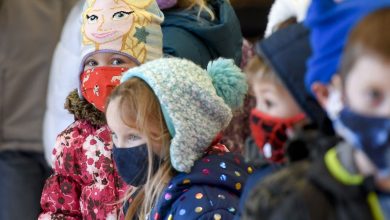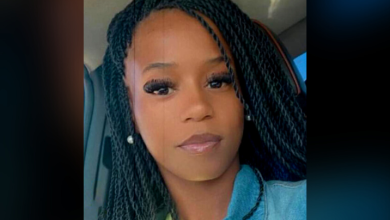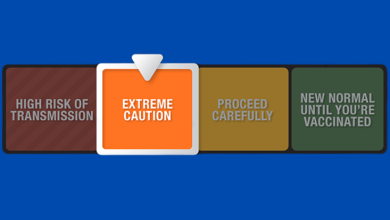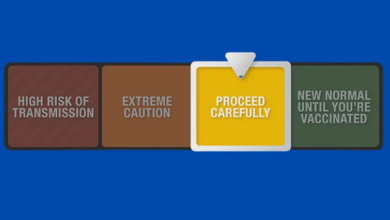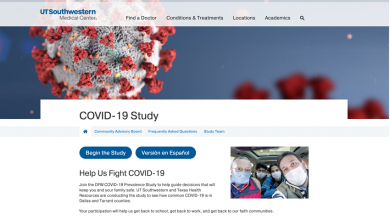Gov. Greg Abbott to receive Covid-19 vaccine

Gov. Greg Abbott is set to receive the coronavirus vaccine Tuesday in Austin.
Abbott will get vaccinated at 1:30 p.m. at Ascension Seton Medical Center, according to his office. The event will be televised.
Abbott said Thursday he planned to take vaccine “at the appropriate time.”
“I wanted to make sure that the health care workers will be the first to receive it, but yes, I will be receiving the vaccine at the appropriate time,” Abbott said during a news conference.
Abbott will be the latest elected official to receive the vaccination amid concerns about balancing model behavior with the perception that the powerful are cutting the line. President-elect Joe Biden got the vaccine live on television Monday afternoon, telling the public “there’s nothing to worry about.”
The Texas Department of State Health Services said in a tweet that Abbott getting vaccinated is “an important step in encouraging Texans that the vaccine is safe and effective.”
Vaccines began arriving in Texas last week, and Abbott’s office has said state providers should be getting over a million vaccines by the end of the month. While the first doses are being prioritized for health care workers, Abbott has suggested there could be “widespread distribution” before March.
Abbott has stressed that the vaccine will not be required for Texans, and on Monday, he specifically said it will not be mandatory for the state’s school children.
The state previously outlined that “first tier” recipients of the vaccine include hospital-based workers who have direct contact with patients; staff of nursing homes or other long-term care facilities who work directly with residents; emergency medical services providers such as paramedics and ambulance drivers; and home health aides who manage “vulnerable and high-risk” patients.
The “second tier” of health care workers who were also prioritized by the state for vaccinations include those who interact with patients in outpatient settings such as doctors’ offices; workers in freestanding emergency rooms and urgent care clinics; community pharmacy workers; public health workers who administer COVID-19 tests; mortuary workers such as medical examiners and embalmers; and school nurses.

